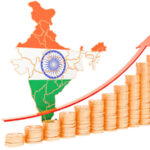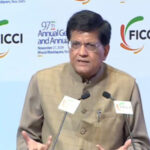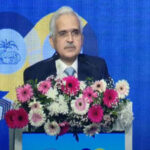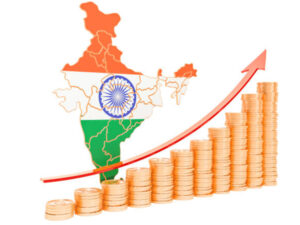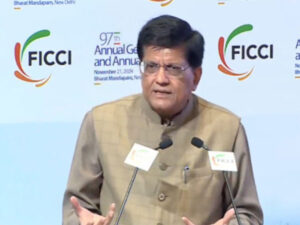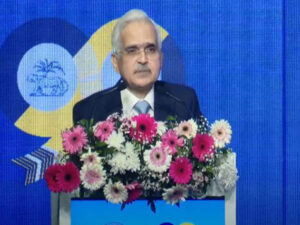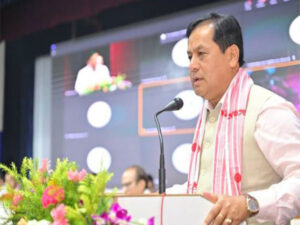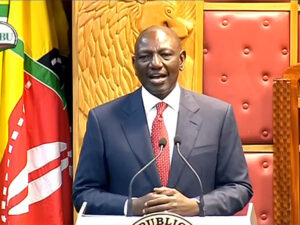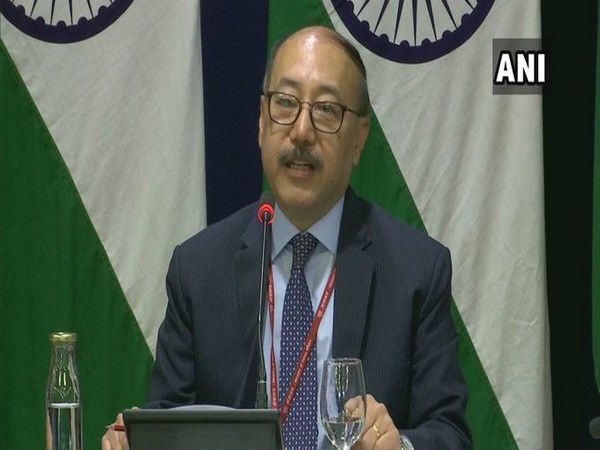
Foreign Secretary, Harsh Vardhan Shringla./ ANI
New Delhi [India], May 12 (ANI): Foreign Secretary, Harsh Vardhan Shringla said on Monday that the coronavirus pandemic has delivered a “huge shock” to the global system. In virtual address to MIT World Peace University, Pune on the `Importance of Multilateralism in the Time of a Global Pandemic – an Indian Perspective’, Shringla said the global pandemic has highlighted the question of access to medical products during crises.
He said the inability of global manufacturing supply chains to cope with demand for essential medical supplies such as PPEs and equipment is a matter of concern and is forcing countries to re-examine their healthcare infrastructure, availability of pharmaceutical products and essential medicines, and the development of secure and reliable supply chains for critical health and livelihood related products.
“The coronavirus pandemic has delivered a huge shock to the global system. It is as if life has been brought to a standstill by a giant pause button. We are struggling, individually, as a nation, and as an international community to cope with the shock and its many impacts – immediate and future. We know that life has changed. We can see that all around us.
What we do not know is how much it will change,” he said. The Foreign Secretary sad India has a “long record” of commitment to the principles and practice of multilateral diplomacy. “Our record of working in and through international organisations is second to none.
It is in fact India, under Prime Minister Narendra Modi’s leadership, that initiated regional and multilateral consultations on the need for the international community to unite to fight COVID-19 .” He noted that India’s role as a “pharmacy of the world” has come into focus during this pandemic. “In a coordinated response involving several branches of government and multiple private sector pharma companies, India was able to supply, after ensuring adequate domestic stockpiles, large volumes of these drugs to friends and consumers across the world.
It is also making its medical and public health expertise and capacity available to the entire South Asian region,” said the Foreign Secretary. “The lockdown has made logistics of this humanitarian relief operation extremely complex.
A mixture of innovative means are being used to ensure delivery. Despite these challenges, India has provided medical assistance, on commercial or aid basis, to 133 countries across the globe,” he added. The Foreign Secretary expressed hope that the pandemic will lead to an upsurge in investment in research and vaccines.
“Firstly, we hope and expect that the pandemic will lead to an upsurge in investment in research, vaccines, therapeutics, and diagnostics. India is well placed to contribute substantially to this coming surge. We have a strong R&D tradition in domestic institutions and in global R&D hubs,” he said. “Secondly, I worry about our biosecurity.
The management of public health emergencies, including pandemics, has been an important item in the global health governance agenda. The international community has been working on this for a long time,” he further said adding that the current crisis demonstrates that in spite of this common understanding and coordination, major gaps exist.
The Foreign Secretary said catastrophic biological events could possibly occur again and stressed there is a need for an international conversation that will be focused on improving the capacities to respond to such future”mega-disasters.” (ANI)

